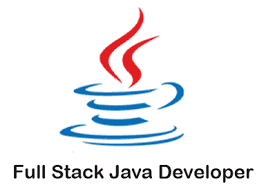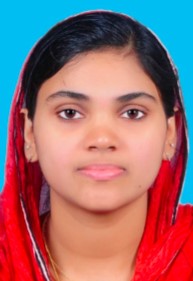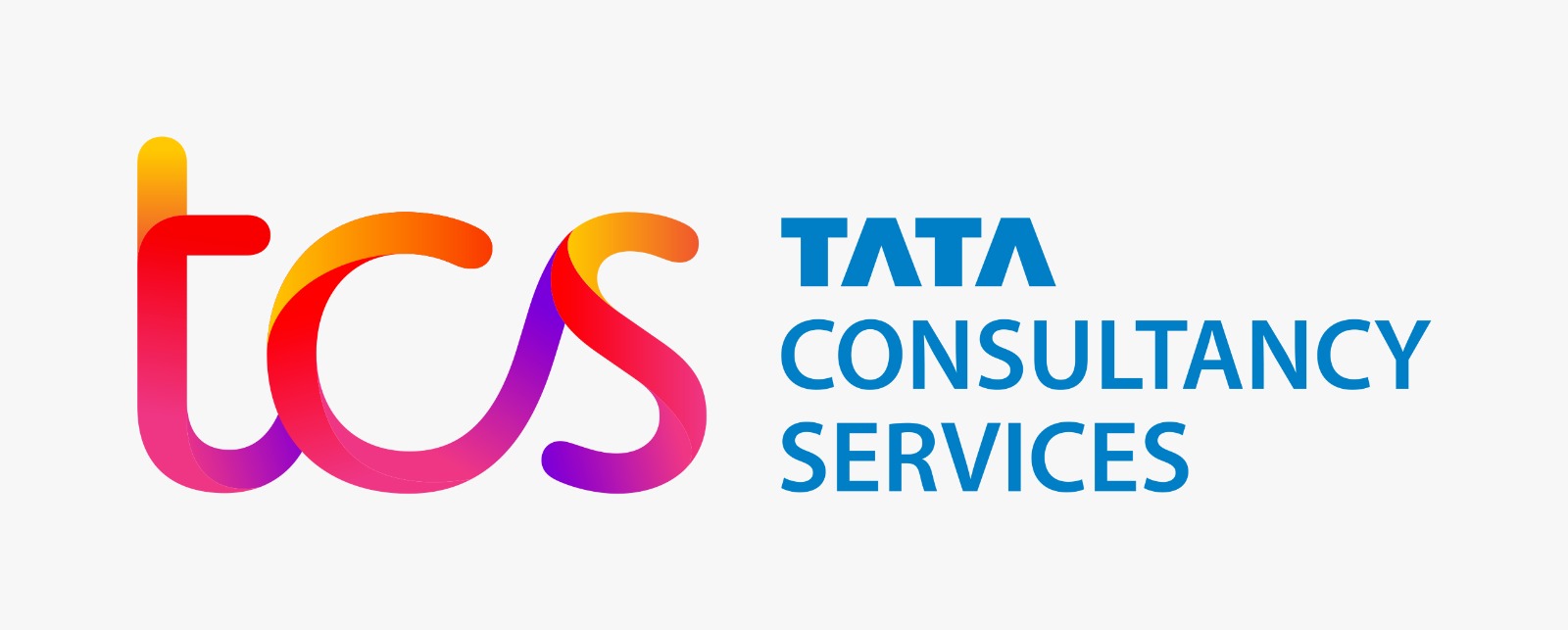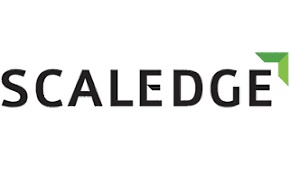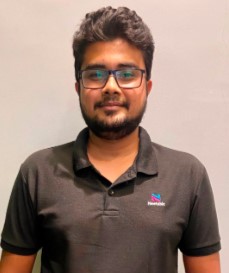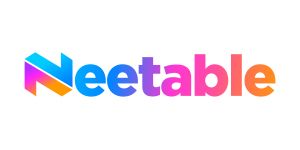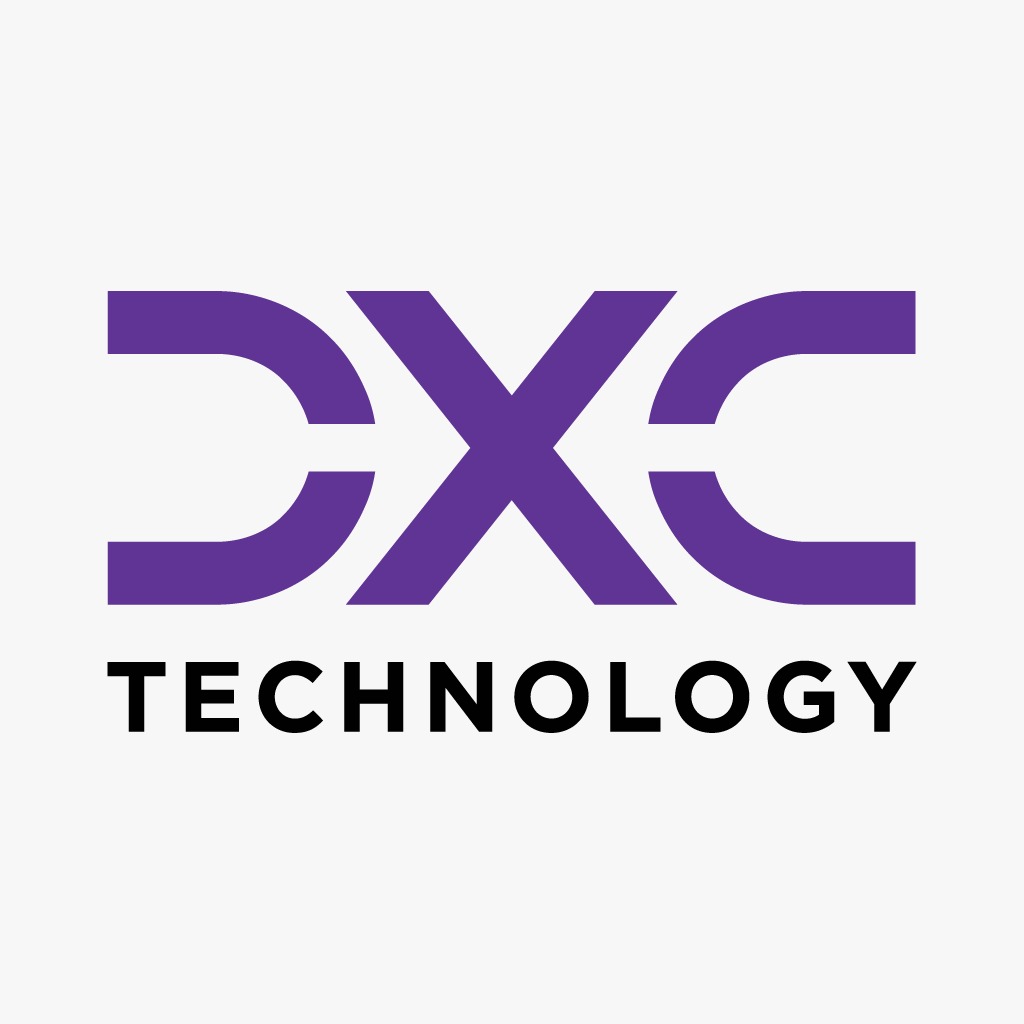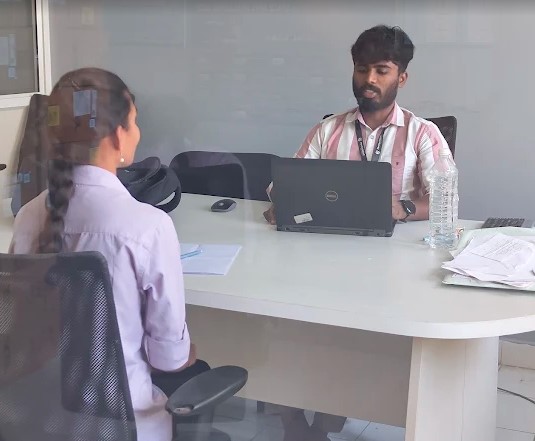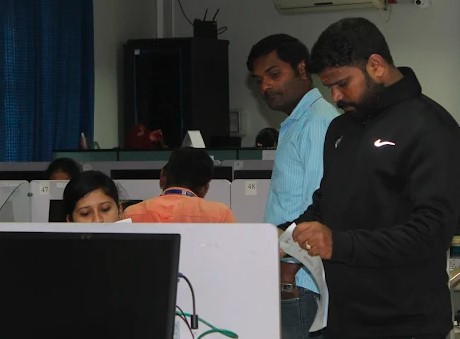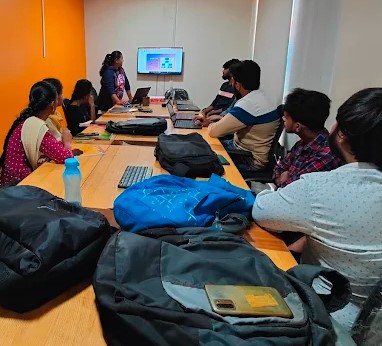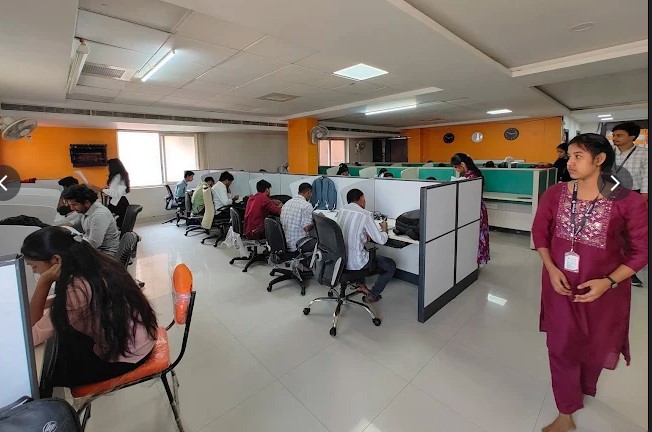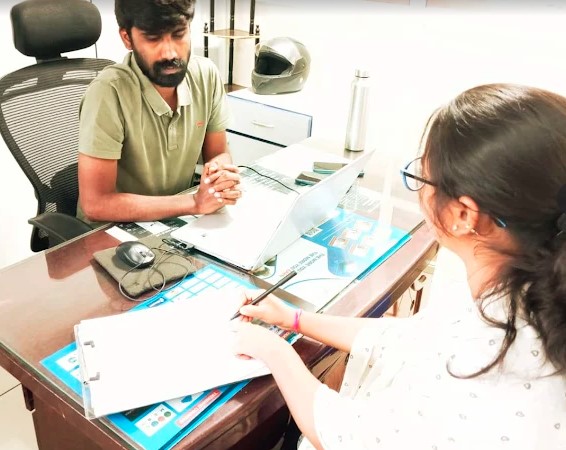AchieversIT is known to deliver the best Java Full Stack Developer training in Bangalore. The curriculum for the Java Full Stack Developer course is well-curated as per the current job market trends. The trainers are well experienced and explain the concepts with in-depth analysis. Real-time projects, a 24/7 support system, placement assistance, assignments, mock interviews, and many more benefits are offered for the students. AchieversIT's main objective is to constantly strive for excellence and support students in achieving their targeted goals.
There are numerous benefits of the Java Full Stack Developer course. Here are a few benefits: Java is the most popular programming language and a combination with Full Stack provides ample job opportunities in the job market. As there is a huge demand for Java Full Stack Developers, the salary is also high compared to other jobs. You can work in different roles like front-end, back-end developers, system architecture, project management, etc as you have varied skill sets. Overall, the Java Full-stack developer course presents a promising career across the globe.
Java Full Stack Developer course certification plays a pivotal role in securing ideal jobs at top companies. The certificate adds value to your portfolio and attracts recruiters. You will be noticed compared to others and help to achieve targeted jobs. The certificate will be offered after successful completion of the course.
After you enroll for the Java Full Stack Developer Course, you will be given access to LMS immediately. Through LMS you can access materials, pdfs assignments, and recorded sessions at your flexibility.
AchieversIT's main objective is to support and guide students to achieve their targetted jobs. There are key features that make AchieversIT outstanding and distinguished from other training institutes. At AchieversIT, you will get the following:
- Well crafted curriculum
- Experienced and expert trainers
- Real-time projects
- Career Guidance
- Mock Interviews
- Placement assistance
- Assignments
- 24/7 support system
- Online and offline classes
- Lifetime access
- AchieversIT is dedicated and determined to provide quality training to the aspirants and make the learning journey easy, flexible, reliable, and worthwhile.
The Java full-stack course duration is about 90 hours. You can select for the online or offline course at your convenience. You can opt for a weekend or weekday batches according to your available timings. The course includes sessions, assignments, real-time projects, mock interviews, etc.
To join AchieversIT, you can directly come to the office or call us at +91 8151000080 or request a callback. Your enrolling process will be easy and finished in time. Happy learning.
AchieversIT understands and ensures that all the students should feel comfortable and get the best from the course. The 24/7 support system is formed to help students, support, guide, and mentor them throughout the learning journey. If you have any doubts or queries you can immediately reach out to the 24/7 support team.
Java full-stack developers are in high demand and the course is gaining popularity, presenting abundant opportunities in various sectors. Because of their versatility and ability in multiple aspects Java Full stack Developers make a promising career path. Tech giants like Google, Amazon, Microsoft, etc hire Full Stack Java Developers. Other sectors like Financial Institutions, Edutech companies, Telecommunications, Media and entertainment, E-commerce, and Health care offer lucrative jobs. .
AchieversIT's main objective is to support and guide students in fulfilling their dreams and providing Placement Assistance to aspirants is part of the objective. Placement assistance is given to all students who have enrolled for the course. This program will connect the job aspirants with leading companies to secure the desired jobs. Before attending the job interviews, we conduct mock interviews. These mock interviews boost your confidence and prepare you well in advance to face the job interviews.
AchieversIT provides online classes for Java full-stack Developer courses. Students or working professionals can join for online sessions at your time availability. You can select for weekday or weekend batches. The class timings are designed according to the flexibility of the students.
AchieversIT offers an extensive Java Full Stack Developer course in Bangalore. This course curriculum is well crafted including important topics like data types, conditions, strings, arrays, iterations, methods, Java FX, Spring Boot, core concepts of front-end and back-end development, the latest web development technologies, etc. This course also includes real-time projects which help to gain hands-on experience along with theoretical knowledge, which is very important for career development. Experienced trainers, placement assistance programs, mock interviews, etc are other benefits that are obtained with this course. Many students at AchieversIT have benefited and achieved their dreams.
For entry-level, the salary range is from ?3 lakhs to ?4 lakhs per annum, For mid-level it is approximately between ?4 lakhs to ?9 lakhs, and for experienced it is around ?8 lakhs to ?14 lakhs. The salary varies with location, company size, skill sets, etc.
Yes, AchieversIT provides real-time projects as part of the Java full-stack developers training. These projects help students gain hands-on experience along with theories. Working on these projects will enable students to gain in-depth knowledge of concepts and make them job-ready by the end of the training.
A basic degree and basic knowledge of computers is a must. Apart from this knowledge of C, and C++ languages is needed. Your dedication, efforts, and curiosity will help you achieve great heights irrespective of any professional background.
